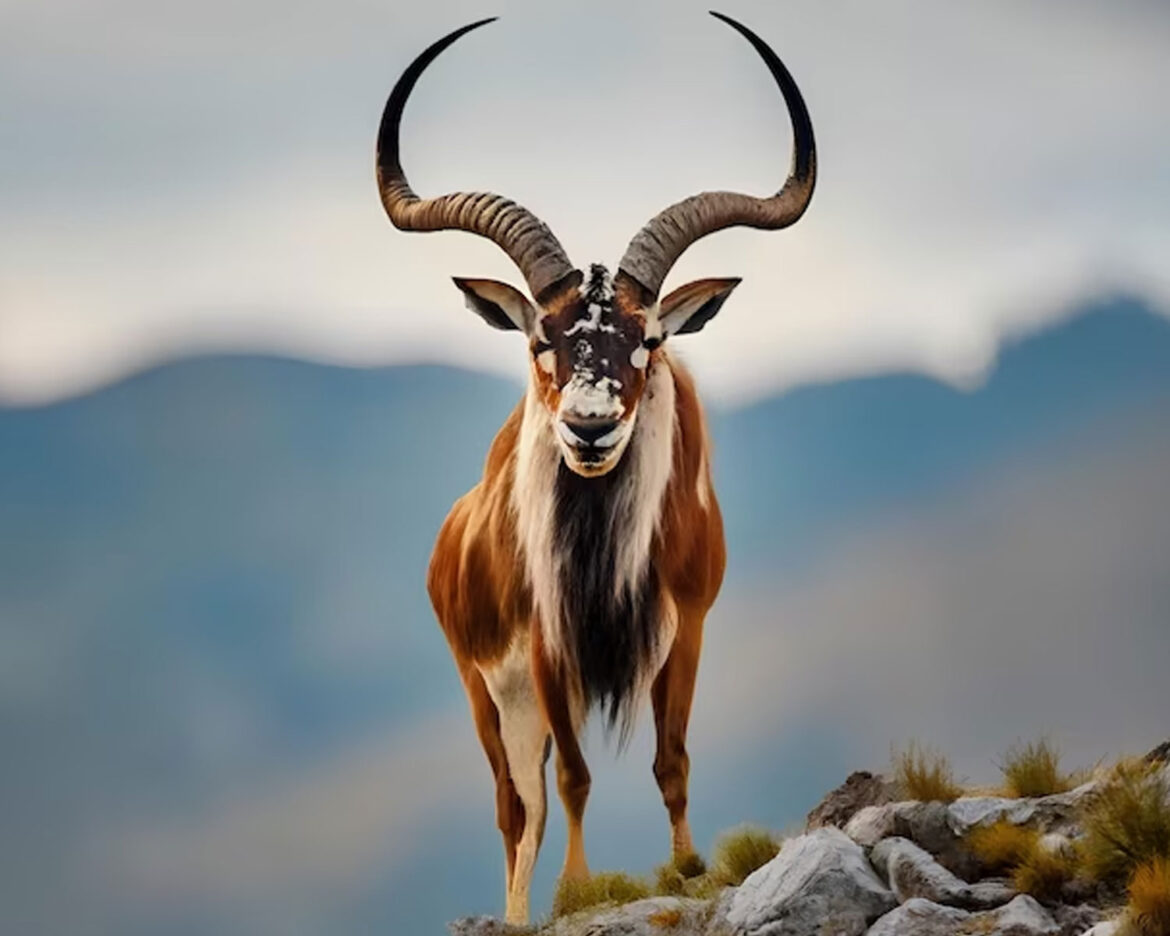Peshawar, October 11, 2024 — The Khyber Pakhtunkhwa (KP) government has set a new record in wildlife conservation funding, earning an impressive Rs. 250 million through the sale of markhor trophy hunting permits. The auction, which concluded earlier this week, saw keen interest from international hunters, with permits for the prized Himalayan wild goat going for top prices.
This marks the largest amount ever generated by the provincial government through the sale of hunting permits for the endangered species, which is protected under Pakistan’s wildlife conservation laws. The funds will be directed toward the continuation and expansion of the region’s wildlife conservation efforts, including habitat restoration and anti-poaching measures.
The sale is a part of KP’s successful “Sustainable Hunting Program,” which allows limited, regulated trophy hunting of markhor and other species to generate revenue that is reinvested in conservation. The program has been hailed as a model for balancing conservation with local economic development, benefiting both the wildlife population and local communities.
“Today’s success is a testament to the progress we have made in aligning conservation efforts with the economic interests of the people,” said KP’s Minister for Environment and Wildlife, Muhammad Alam. “The funds will be used to enhance the protection of the markhor and other endangered species, ensuring that future generations will be able to enjoy Pakistan’s rich biodiversity.”
The markhor, listed as Endangered by the International Union for Conservation of Nature (IUCN), has seen its population grow steadily in areas where trophy hunting is strictly regulated. The funds raised will support monitoring and management of the species, providing a sustainable model that helps maintain ecological balance while supporting local livelihoods.
Local communities in the regions where markhor populations thrive also benefit from the hunting permits, as a portion of the proceeds is directed towards community development programs, education, and healthcare.
Critics, however, have raised concerns over the ethics of trophy hunting, questioning whether the benefits outweigh the moral and environmental costs. Supporters argue that carefully controlled hunting can contribute significantly to the preservation of both wildlife and habitat, as well as provide economic incentives for conservation.
With this landmark achievement, Khyber Pakhtunkhwa continues to lead the way in innovative approaches to wildlife conservation and sustainable development.



